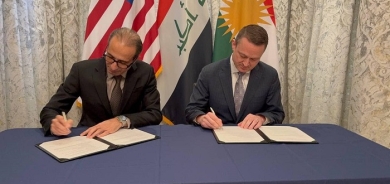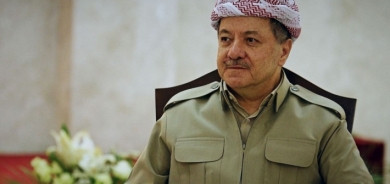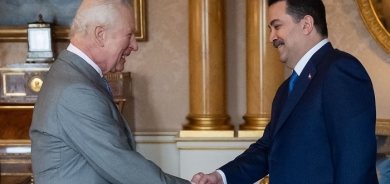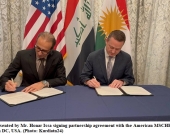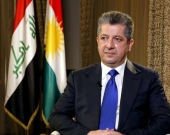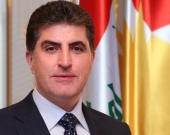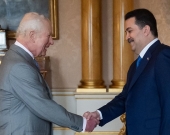Turkey Wants Kurds’ Energy Hand

Turkey is turning to the Kurdistan Region of Iraq to meet its growing demand for energy. Co-operation with Erbil may help Ankara diversify its oil and natural gas sources and reduce its dependence on Russia and Iran but Turkey risks growing tensions with Baghdad and by extension, Tehran. “The Turks, like any other country, they want to diversify their sources,” Fadel Gheit, a senior energy analyst at Oppenheimer in New York, told New Europe on 7 June, arguing that Iraq is less stable than Kurdistan. “Most of the operators in Iraq would rather be in Kurdistan,” he said.
The Iraqi Kurdistan region has four billion barrels of proven oil reserves and current production would give Iraqi Kurdistan the potential to deliver around 215,000 barrels per day of crude to Turkey.
Meanwhile, the United States doesn’t want to see Turkey provoke a Kurdish fight with Baghdad, which could also ease the opening for Iran in Iraq. But Gheit noted that the US government could have its own wish list but at the end of the day individual companies will pursue their own interests. US Exxon and Chevron and France’s Total are all betting that Kurdistan is a better option for them than being in Iraq, he said. “The thing is far from over. We don’t know what kind of compromise Baghdad government will have and how this is going to impact spending and the development of Kurdistan,” the Oppenheimer analyst said.
Easing US concerns, Turkish Minister of Energy Taner Yildiz recently announced that Turkey would likely make joint exploration and production deals with US companies in northern Iraq. In late May, ExxonMobil reportedly agreed to partner up with Turkish companies and the Kurdish Regional Government (KRG) to carry out exploration in northern Iraq. US Chevron, France’s Total and Russia’s Gazprom Neft have already signed exploration deals.
Analysts say Ankara’s relations with Erbil are guided by the peace process with the Kurdistan Workers Party (PKK), Syrian Kurdish autonomy issues, and energy projects. “It’s interesting because if you look at the politics and the map of Turkey, they’ve had pretty bad relationship with the Kurds. The Turks and the Kurds are not the best of friends so I really don’t know how this is going to play out long term and how Turkey will compromise on the autonomy that the Kurds within Turkey want and how is that going to impact their relationship with Kurdistan,” Gheit said.
It’s a grey area. “Sometimes you have strange bedfellows,” he said, adding that Turkey has taken a hard line towards Syria, for example, but they are befriending the Baghdad government.
Iran makes it even much more complicated. “It’s layers and layers of conflicting interests. You have friends for the first part of the road and they become enemies in the second phase and then they become friends again in the third phase. That’s why all development projects are going to be very tricky,” he said.
Oil and gas companies see big investment opportunities in the Kurdistan Region of Iraq, which needs help to develop its resources. “These companies, in my view, are walking through minefields and they have to be very careful,” Gheit said, adding that all these developments are going to be very expensive.
NEWEUROPE


